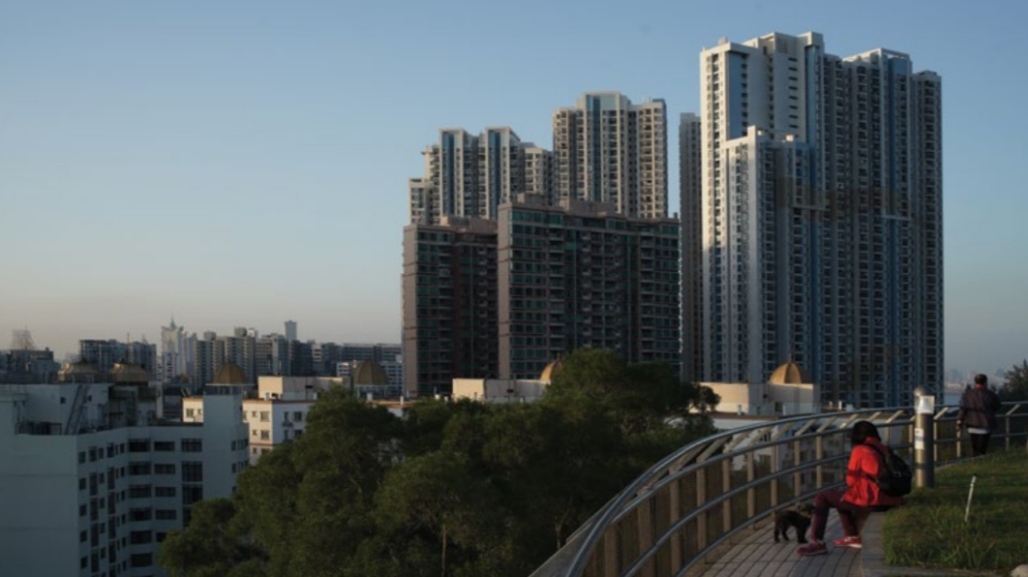[ad_1]

Macau Business | April 2023
Keith Morrison – Author and educationist
As Macau rebuilds its post-pandemic economy, one could be forgiven for believing that the good life for all has arrived, as evidenced in the manifest opulence on display in its up-market shopping malls. However, this is not the case; social justice needs attention in Macau.
Social justice, Hayek’s scornful and derisive antithesis of neoliberalism, is in limited supply in Macau, and is found wanting in several areas. Whilst social justice is a slippery term, several common areas can be identified, e.g. fair (re)distribution of wealth, resources, opportunities, rewards and responsibilities, and practical recognition of the rights of minorities.
Many years ago the United Nations identified income and ‘opportunities for work and remunerated employment’ as key indicators of social justice. These are a persistent problem in present-day Macau. When one looks at job opportunities in Macau, the number of dead-end jobs disproportionately exceeds the number of fulfilling, meaningful careers and creative, diverse employment opportunities. Why, each month, do over 23,000 employed people in Macau earn below 5,000 patacas, and over 95,000 (26 per cent of the employed population) earn below 10,000 patacas (latest figures available)? For them, social justice is a pipe dream, an irrelevance in the press for daily survival.
Social justice also includes access to housing, health care, food, social services, and attention to the poor and needy. Rawls’s celebrated theory of distributive justice noted that social and economic development should bring ‘the greatest benefit of the least-advantaged members of society’, i.e. levelling up. Does it, in Macau?

For the social philosopher Axel Honneth, the moral imperative of social justice extends beyond the ‘fair or just distribution of material goods’. For Honneth, the pathology of social injustice resides in disrespect for the identities, recognition, and empowerment of diverse subaltern groups in society, and their exclusion from access to opportunities for their own and others’ development and the good life. This pathology exists in Macau. For example, with regard to education, why are affordable, decent schools for non-Chinese speaking children of expatriate workers so limited in Macau? With regard to housing, why is it that low-skilled, often migrant, shift workers share beds and cramped accommodation in Macau, just to eke out a living? Why do people still live in converted containers and corrugated iron huts in Macau? Whilst instant ghettoes of social housing are being built on Macau’s reclaimed land, housing is simply unaffordable for huge numbers of the population, whether they are the ‘sandwich class’, the full-on banquet class, or the crumbs-from-the-rich-man’s-table class.
Health care and social care for the increasing number of Macau’s elderly population are tottering on the edge of the precipice to total disaster. Why do patients of all ages go to Hong Kong for medical treatment, even when it is paid for by the Macau government? Where are the local facilities?
The list of limits to social justice in Macau is endless. Economic, social, personal, psychological, residential, educational, familial, medical, environmental, and developmental support for the poor of all ages is an urgent need in Macau, even though well-intended moves in this direction have been made in the last two decades. The annual financial handout to Macau’s citizens is a welcome but token nod to redistributive justice, whilst leaving the wealthy few untouched and free to continue their lives of privilege, self-indulgence, asset-driven materialism, and wealth accumulation.
Social justice in diverse areas sets a formidable agenda for Macau’s development that reaches far beyond materialism and wealth creation. It is a moral obligation, and it should be the touchstone of the Macau government’s plans for societal, economic, and personal development. The business of social justice in Macau should be at the heart of the business community in Macau. Is it?
Macau’s economic development must build on a moral foundation which replaces the contemptible neoliberal, Hayekian, license of self-interested, exploitative actions and behaviour, with societal and moral responsibility, and generalizable, mutual interests. Social justice puts to shame Hayek’s shocking contention that social justice ‘is intellectually disreputable’, vacuous, and dishonest.
[ad_2]
Source link
